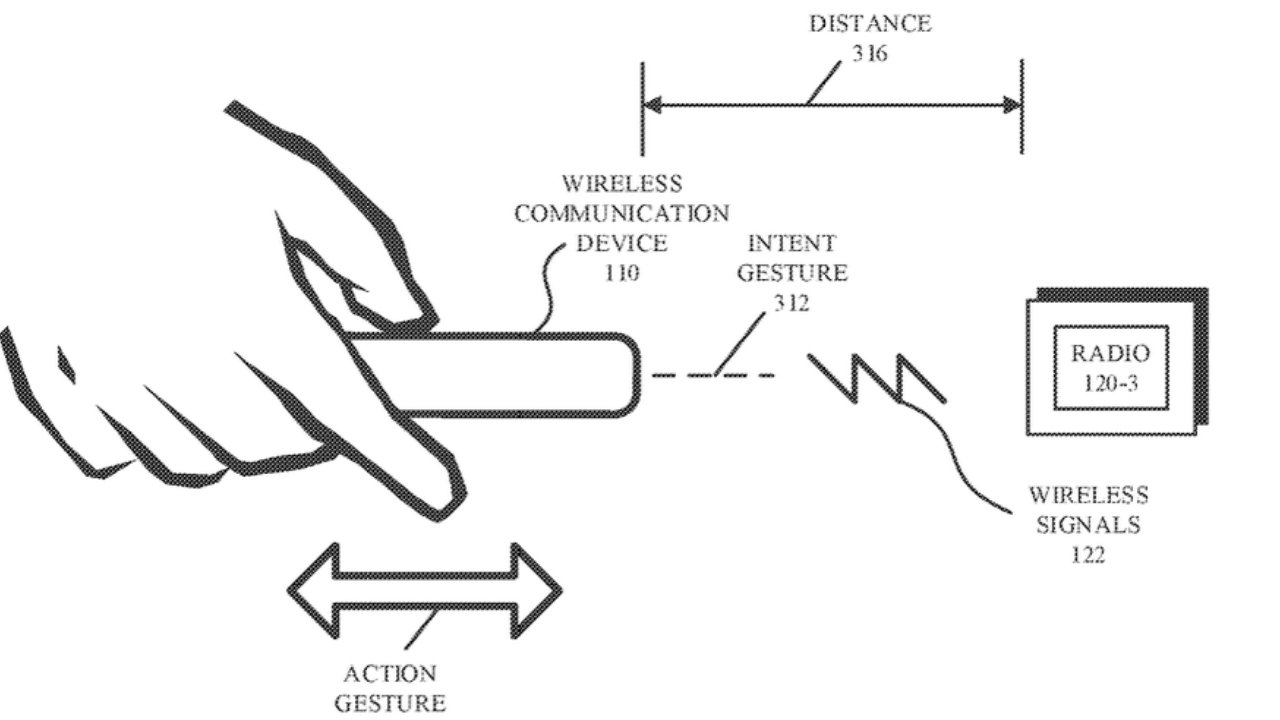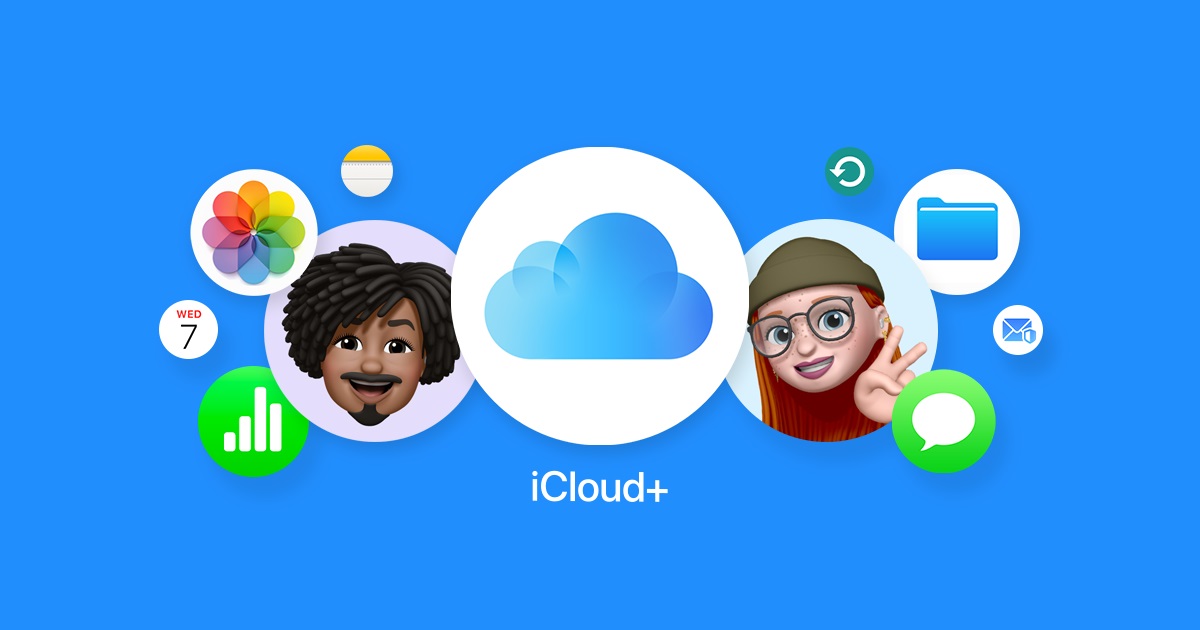Block’s Open Source Program Office has launched Codename Goose, an open-source, non-commercial AI agent framework designed to automate tasks and integrate seamlessly with existing tools. Goose provides users with a flexible, on-machine AI assistant that can be customized through extensions, enabling developers and other professionals to enhance their productivity.
Goose is designed to integrate seamlessly with existing developer tools through extensions, which function using the Model Context Protocol (MCP). This enables users to connect with widely used platforms such as GitHub, Google Drive, and JetBrains IDEs while also allowing them to create custom integrations. The AI agent is positioned as a tool for both software engineers and other professionals looking to optimize their workflows.
Goose functions as an autonomous AI agent that can carry out complex tasks by coordinating various built-in capabilities. Users can integrate their preferred LLM providers, ensuring flexibility in how the tool is deployed. Goose is designed for easy adaptation, allowing developers to work with AI models in a way that fits their existing workflows.
The agent supports a range of engineering-related tasks, including:
- Code migrations
- Generating unit tests for software projects
- Scaffolding APIs for data retention
- Managing feature flags within applications
- Automating performance benchmarking for build commands
- Increasing test coverage above specific thresholds
As an open-source initiative, Goose has already attracted attention from industry professionals. Antonio Song, a contributor to the project, highlighted the importance of user interaction in AI tools:
Most of us will have little to no opportunity to impact AI model development itself. However, the interface through which users interact with the AI model is what truly drives users to return and find value.
Furthermore, user Lumin commented on X:
Goose takes flight. Open-source AI agents are no longer a side project—they are defining the future. Codename Goose 1.0 signals a paradigm shift: decentralized, non-commercial AI frameworks bridging intelligence and real-world execution. The AI race has been dominated by centralized models with restricted access. Goose challenges that by enabling modular AI agents that can install, execute, edit, and test with any LLM, not just a select few.
Goose is expected to evolve further as more contributors refine its capabilities. The tool’s extensibility and focus on usability suggest it could become a widely adopted resource in both engineering and non-engineering contexts.


.gif)





